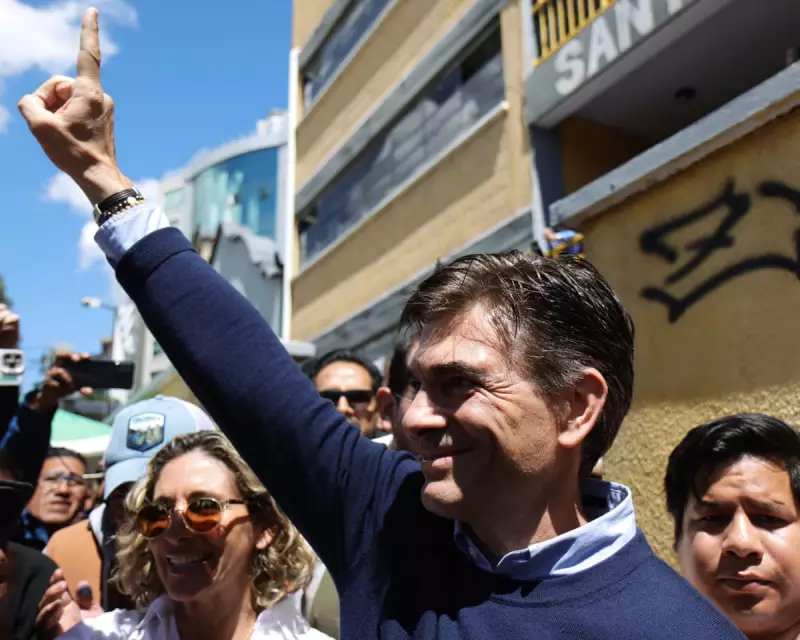
In a result that has sent shockwaves across Latin America, Bolivia has elected right-wing economist Rodrigo Paz Pereira as its new president, marking a decisive break from nearly two decades of socialist governance under the Movement Towards Socialism (MAS) party.
A Political Upheaval Years in the Making
Official results confirm that Paz, a 61-year-old former finance minister and academic, secured a decisive victory in Sunday's runoff election against ruling party candidate Luis Arce. The outcome represents nothing short of a political earthquake in the Andean nation, where left-wing politics have dominated since Evo Morales first took office in 2006.
"The Bolivian people have spoken clearly," Paz declared in his victory speech before thousands of jubilant supporters in La Paz. "They have chosen change, they have chosen freedom, and they have chosen a new path for our beloved country."
From Economic Crisis to Political Opportunity
Paz's victory capitalises on widespread discontent with Bolivia's struggling economy and allegations of democratic backsliding under MAS rule. His campaign successfully tapped into frustration among voters weary of:
- Persistent economic stagnation and rising living costs
- Concerns about institutional erosion and corruption
- International isolation under the previous administration
- Growing demands for economic liberalisation
The Road Ahead: Challenges and Expectations
The incoming president faces immediate pressure to deliver on ambitious campaign promises, including:
- Attracting foreign investment to revitalise Bolivia's economy
- Restoring independence to key institutions
- Addressing social divisions deepened by the polarising campaign
- Navigating relations with regional left-wing governments
International observers have closely monitored the election process, with many Western nations expressing relief at the peaceful transfer of power. The European Union's election monitoring mission described the vote as "largely transparent and well-organised," though they noted some procedural irregularities.
A Regional Shift in the Making?
Political analysts suggest Paz's victory could signal a broader rightward trend in South American politics, following similar shifts in Argentina and Chile. This represents the most significant conservative victory in Bolivia's modern political history and could reshape regional alliances and economic policies.
As celebrations continue across Bolivian cities, the defeated MAS party has acknowledged the results, though some supporters have expressed concerns about potential rollbacks of social programs that lifted millions out of poverty during their tenure.
The world now watches as President-elect Paz prepares to take office next month, facing the enormous task of uniting a divided nation while implementing the radical economic reforms he promised during his campaign.





